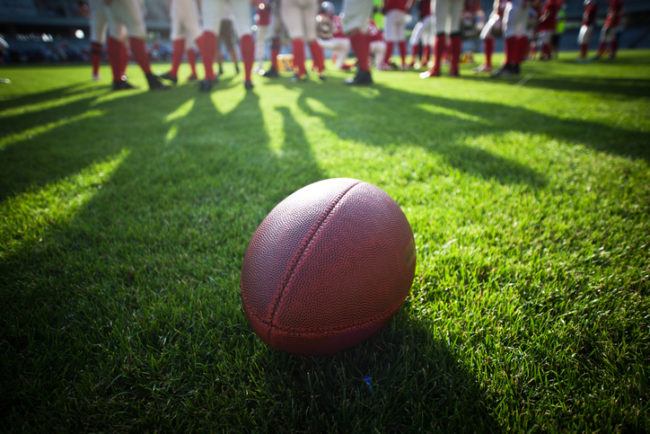On September 4, 2018, U.S. District Judge Claudia Wilken is set to preside over a bench trail between the NCAA and a group of college athletes who want an injunction placed on NCAA amateurism rules. This lawsuit, brought by a class of college athletes, came in the wake of the O’Bannon decision, where a court held that NCAA rules prohibiting college athlete’s ability to profit from their likenesses were anti-competitive. However, as we have previously reported, the final decision, in O’Bannon, held that compensation for college athletes had to be capped at the cost of college attendance, which included more than just tuition. Now the college athletes are seeking to create an open market for schools to compete for top college recruits.
According to the college athletes’ opening statement, “[c]olleges and universities ask their [college athletes] to vigorously compete against one another on the basketball court and on the football field” and at the same time “the schools compete against one another … to attract top coaches[,] trainers[,] and administrators.” This multi-billion dollar competition “is stifled only—and entirely—when it comes to compensating athletes for their services.” According to the college athletes, the claim that the amateurism rules are fundamental to the NCAA’s success is nothing but “mythology.” Further, there are ample alternatives to the amateurism rules, most notably; the NCAA could permit individual conferences to set their own rules concerning compensation and benefits, which would allow each conference to make its own decisions about the claimed procompetitive need for compensation caps while, at the same time, providing college athletes’ relevant compensation.
According to the NCAA’s opening statement, “college football and basketball are part of the fabric of American life … [a]nd they have enabled countless athletes to obtain a college education that they would not otherwise have been able to afford.” The NCAA argued that college sports are unique because they are played by non-paid, which sets them apart from professional athletes. The NCAA amateurism rules, specifically the rules that the colleges athletes want to place an injunction on, rules reinforce this notion. According to the NCAA, the “amateurism rules” are important because regular college students want to see competition for their school by fellow students, alumni and others want to see students compete for the schools they support, and even fans with no particular school connection want to see amateur student competition. Thus, preserving the rules preservers the defining feature of NCAA amateur student athletics, but placing an injunction on the rules would cause unnecessary pressure like salary negotiations, contract disputes, and increased pressures on coaches. Not to mention, college athletes could essentially ignore their scholastic obligations. “Subjecting players to [these] dynamics would alter the basic distinction between student-athletes and professionals and radically change [NCAA competition].”

